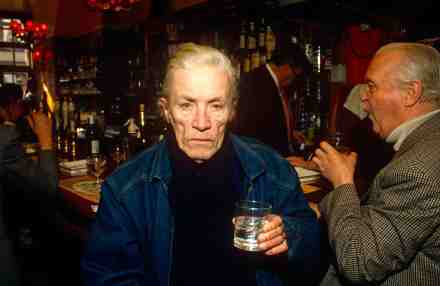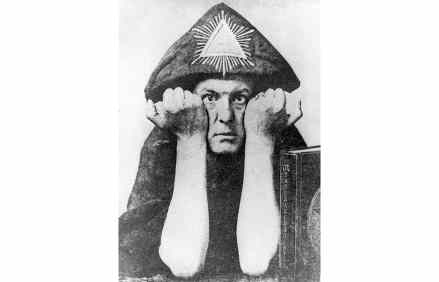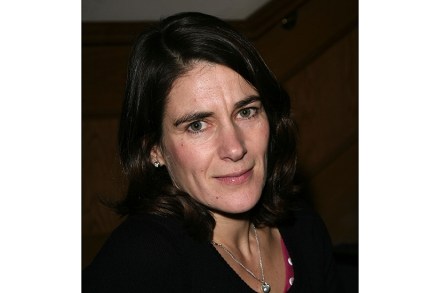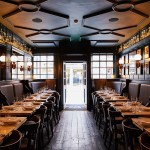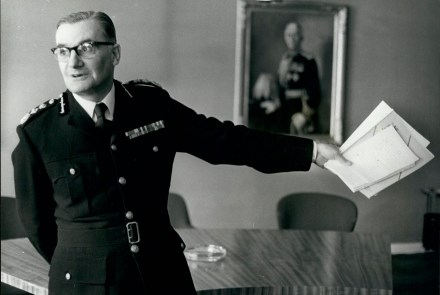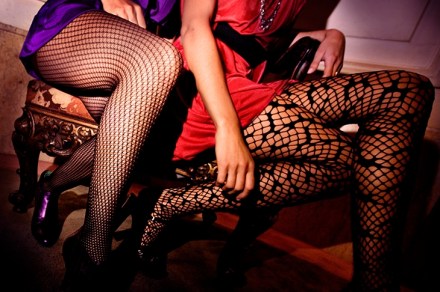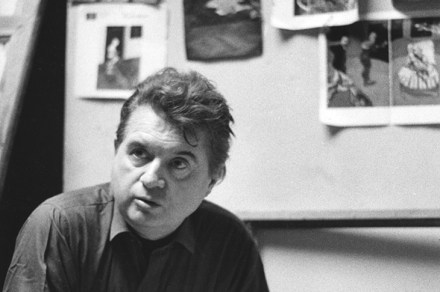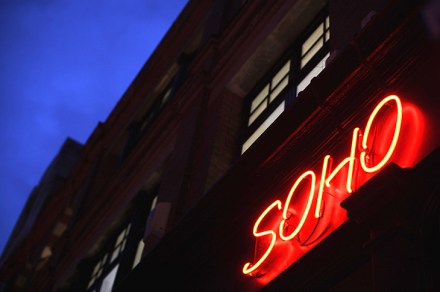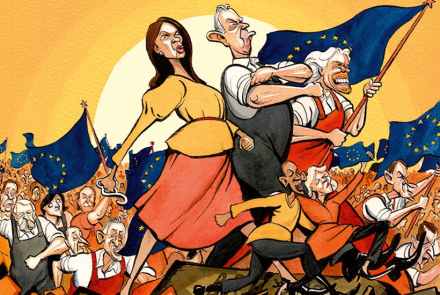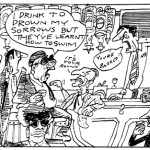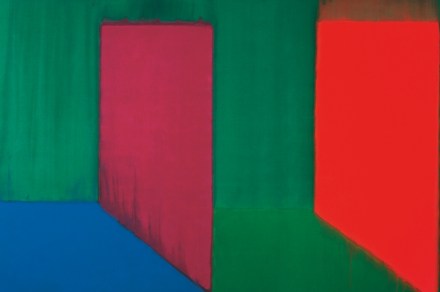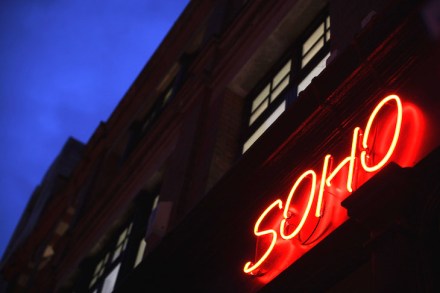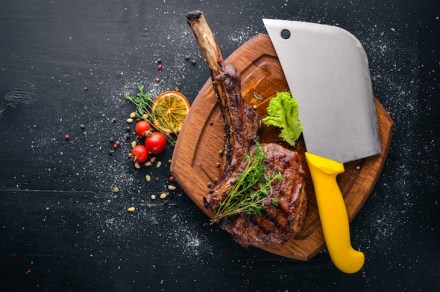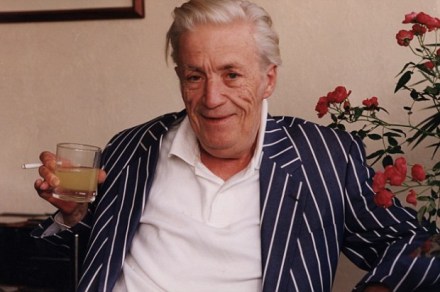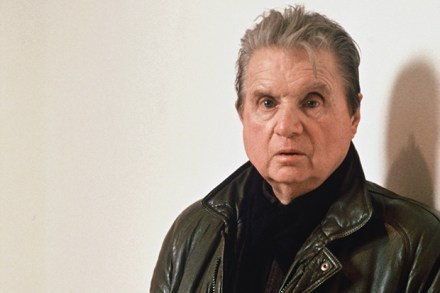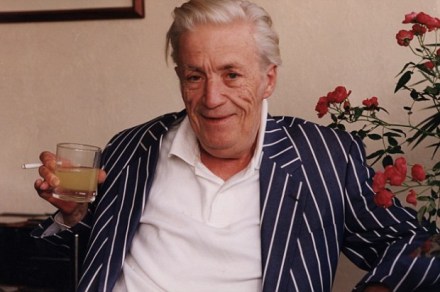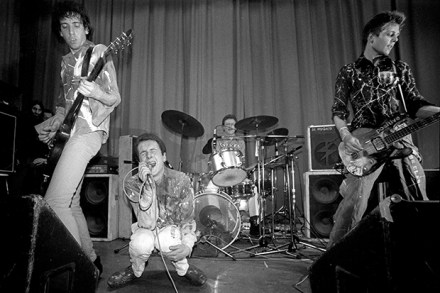How Jeffrey Bernard led me to London’s rudest landlord
On a recent Sunday evening, the Shaftesbury Theatre in Soho was packed to the gills with a crowd celebrating a dramatic tribute to a landlord: the best kind of landlord, the landlord of a pub. And not just any old pub, but the pub he ruled with an iron fist for 63 years until his retirement in 2006. Ladies and gentlemen, I give you Norman Balon, sole proprietor of the legendary Coach and Horses. ‘London’s rudest landlord’, as he was known; it said so on the matchboxes. On for one night only, Norman Balon – It’s All True was a play written by the person who took over the lease, Alastair Choat.
